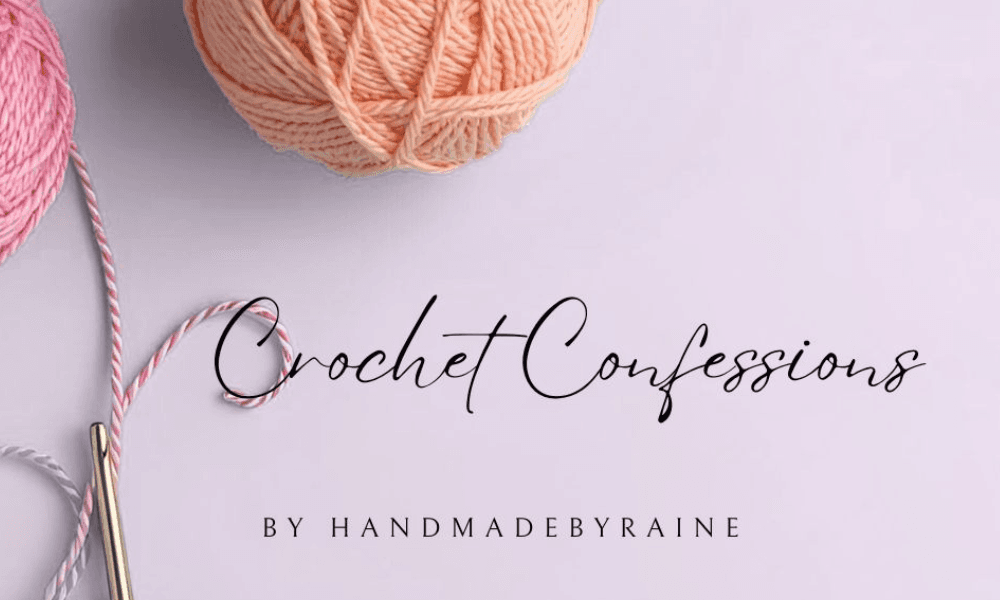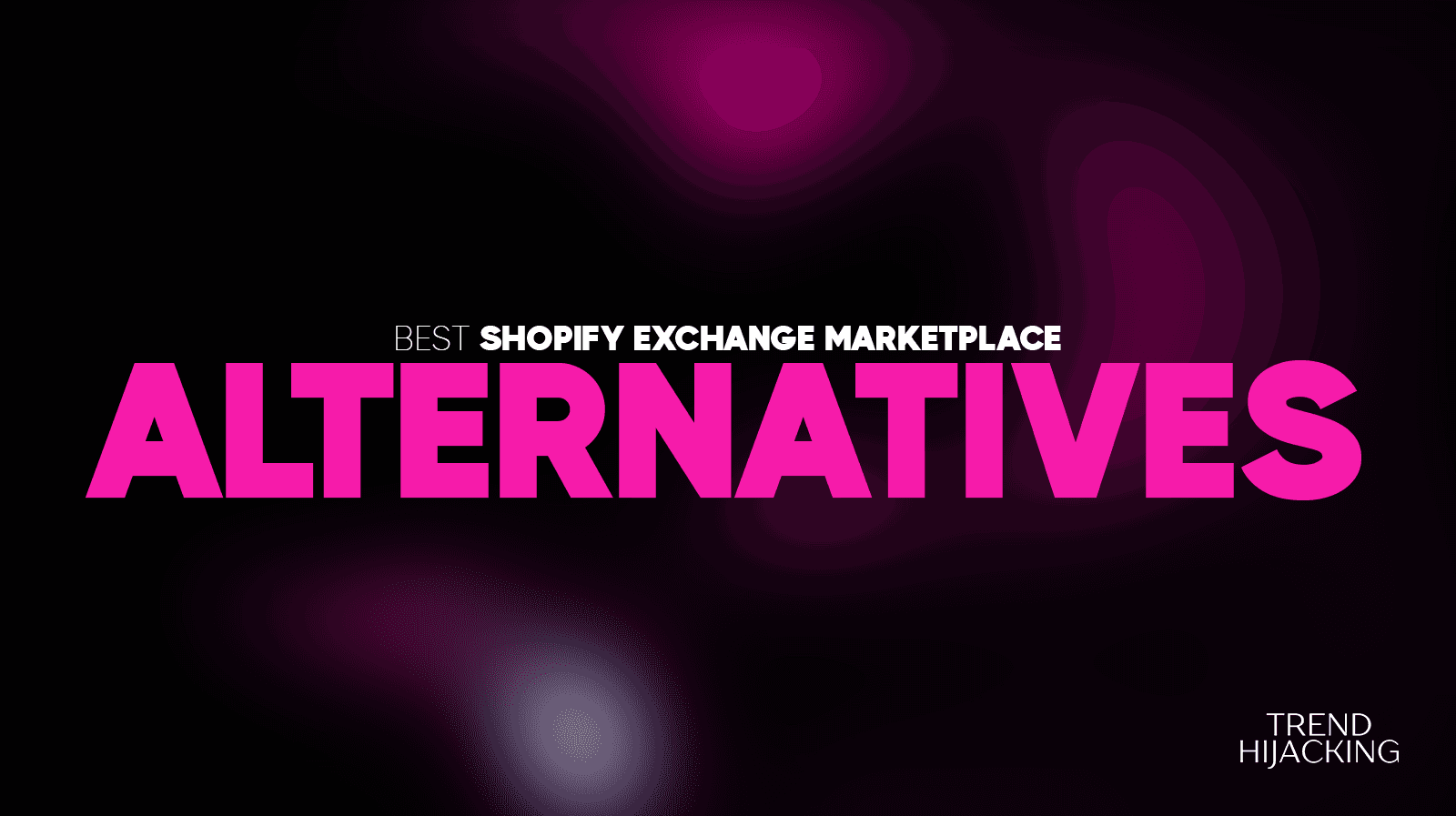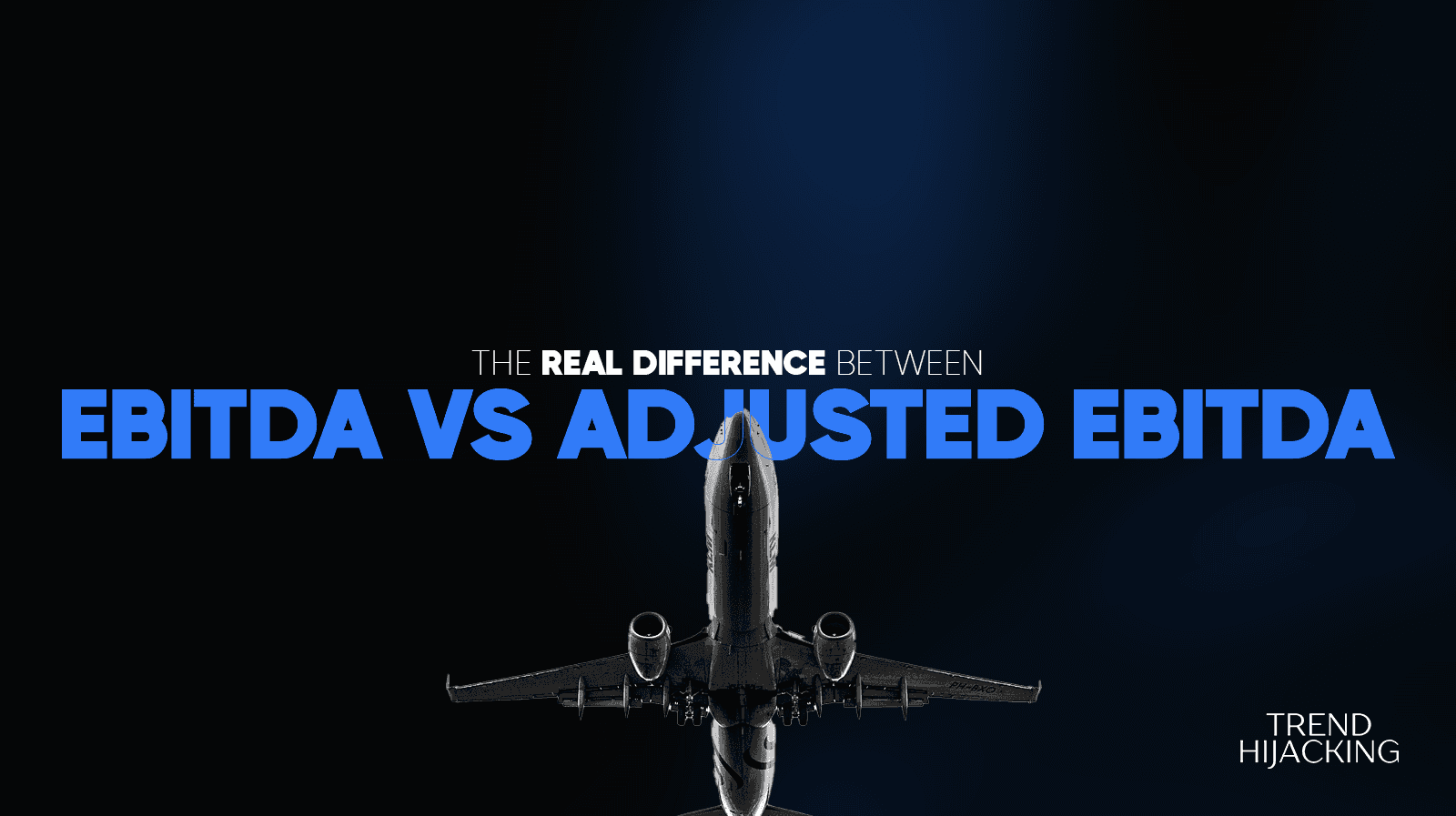Overview
This is a high-revenue, automated fashion eCommerce store designed to serve the Australian market exclusively. In just over a year of operation, it has scaled to nearly $1.8M in annual revenue and $350K+ in profit, relying solely on Google Ads as its acquisition channel. The store runs on a fully integrated dropshipping model through DayOne fulfillment and requires minimal owner involvement.
Its streamlined operations, robust ad performance, and strong product-market fit in the Australian fashion space make it an attractive proposition for a buyer seeking a low-touch, high-volume business. However, key concerns—particularly around brand perception and customer satisfaction—must be thoroughly examined before acquisition.
Key Insights
Website Performance & Metrics
Website Speed: Loads quickly on desktop and mobile. Optimization appears sufficient for Google Ads traffic, with clean layout and minimal bloat.
Product Variation & SKUs: A healthy range of fast-moving fashion SKUs are available, but the catalog remains within manageable limits—ensuring ease of maintenance and preventing SKU overload.
AOV & LTV: The Average Order Value is $60, which is slightly above standard for fast-fashion eCommerce. However, Customer Lifetime Value is likely low due to the transactional nature of the business and poor retention signals.
Repeat Customer Rate: Not disclosed. However, given high customer acquisition volume and negative review trends, repeat rate is presumed to be low.
Conversion Rate: Not explicitly stated, but inferred to be optimized considering strong revenue figures and consistent Google Ad spend.
Design & UX: The website is professionally built with strong CRO fundamentals. Simple navigation, clear CTAs, and persuasive product presentation contribute to high conversion potential.
Brand Positioning & Sentiment: While the store positions itself as a modern, premium local fashion brand for Australians, Trustpilot reveals a concerning reality—76% 1-star reviews, mostly around poor product quality, delayed shipping, or unresponsive support. Only 22% of reviews are 5-star, indicating a potentially unstable brand reputation.
Marketing Efficiency & Scalability
Customer Acquisition: Entirely reliant on Google Ads. ROAS appears healthy, but no visibility into CAC specifics. Lack of diversification (e.g., no Meta, TikTok, or influencer marketing) presents both a risk and opportunity.
Email & CRM: Uses Klaviyo for retention, with a large list of 41K+ subscribers. However, retention and segmentation strategy unknown.
Marketing Angle: "Affordable fashion, delivered quickly within Australia." This angle resonates in-market but may be undermined by customer experience gaps.
Scalability: Given low overhead, solid infrastructure (DayOne + Shopify), and untapped platforms (Meta, Pinterest, TikTok), there’s substantial upside for scale—both horizontally (new verticals) and vertically (geo expansion, repeat-focused product lines).
Finances
Revenue & Profitability: Exceptional for a 1.5-year-old business. The monthly revenue average of ~$147K and profit of ~$29K indicates consistent ad performance and operational efficiency. Dropshipping structure supports scalability without major capital tie-up.
Expense Profile: Lean structure thanks to DayOne fulfillment and automated Shopify setup. Largest cost likely advertising and product fulfillment.
Financial Multiples:
Profit Multiple (0.4x): Attractive and underpriced considering profit and infrastructure.
Revenue Multiple (0.1x): Very low; implies undervaluation or potential seller urgency.
Note: These multiples would normally be seen in distressed or unproven businesses—not in $1.7M revenue-generating assets. Further validation of financial consistency is warranted.
Marketing (Paid & Organic)
Paid: Google Ads exclusively. A rare case of single-channel marketing working at high scale, though this increases risk exposure.
Organic: Virtually non-existent. No mention of SEO efforts, organic search performance, or content marketing.
Email Marketing: 41,000+ subscribers via Klaviyo. Potential exists, but unclear if flows (abandon cart, welcome series, re-engagement) are implemented effectively.
Social Media: No mention of influencer marketing, Meta Ads, or user-generated content—meaning the business likely has low brand equity outside performance marketing.
Operational Efficiency
Fulfillment: DayOne handles sourcing, quality checks, and delivery (7–10 days). Operations are nearly hands-free.
Automation: Customer service is handled through Gorgias; Shopify integrates with DayOne; Google Ads require minimal intervention.
Owner Time Commitment: Minimal. Most of the work lies in occasional ad optimizations and oversight—making this highly appealing for passive ownership or portfolio stacking.
Customer Data & Relationships
Customer Count: 41,847
Order Count: 24,515
Email Subscribers: 41,619
Sentiment: Negative. 76% 1-star reviews on Trustpilot suggest major dissatisfaction around shipping, support, and product quality. No refunds or resolution practices mentioned.
Loyalty: Likely very low. High-churn customer base reliant on continuous new traffic from paid channels.
Legal & Compliance
Fulfillment Partner Contract: DayOne appears to be a reliable fulfillment partner with no inventory risk.
No Legal Disputes: None disclosed.
Consumer Complaints: Negative customer reviews could trigger chargebacks, payment processor scrutiny, or regulatory concerns if not addressed proactively.
Challenges Identified
Brand Reputation at Risk: Trustpilot scores are alarming for a fashion brand. This could lead to future ad platform restrictions, refund escalations, and low customer trust.
Single Channel Dependency: Overreliance on Google Ads exposes the business to algorithm shifts or policy bans.
Lack of Community or Organic Traffic: No brand following, community, or UGC to sustain engagement.
Low Repeat Purchase Signals: Fashion brands typically rely on loyal return customers. That dynamic is missing here.
Customer Support Concerns: Unclear what protocols are in place, but reviews suggest lack of timely issue resolution.
Recommendations
Conduct Direct Seller Interview: Understand exact CAC, ROAS trends, refund rates, and Google Ads structure. Also, clarify fulfillment SLAs with DayOne and any refund/chargeback issues.
Audit Customer Service Operations: Review how Gorgias is used, existing support scripts, and escalation flows. Consider refund and satisfaction guarantees.
Rebuild Reputation Engine: Launch email win-back campaigns, loyalty programs, or post-purchase surveys to regain trust. Focus on public feedback cleanup.
Diversify Marketing Channels: Begin testing Meta Ads, retargeting, influencer UGC campaigns, and TikTok. This can drive younger traffic and lessen reliance on Google.
Optimize Product Offering: Introduce bundling, upsells, and high-margin accessory items to increase LTV and AOV.
Re-evaluate Pricing Model: Consider moving toward private-label or hybrid fulfillment for better control over product quality and returns.
Conclusion
This is an exceptional example of a lean, high-velocity eCommerce brand that has achieved remarkable scale in a short time. Its fulfillment, automation, and revenue profile are ideal for acquisition. The business is structurally sound and comes with low operational burden, making it suitable for strategic buyers, portfolio acquirers, or media buyers seeking performance-ready DTC assets.
That said, the brand’s poor public sentiment and reliance on a single ad channel present material risks. If those are not immediately addressed, they could erode long-term sustainability despite short-term profitability.
Note: This report is based exclusively on public and listing data. A deeper understanding of ad account metrics, refund rates, LTV, and seller motivation requires direct communication.



















